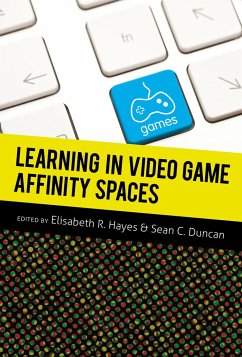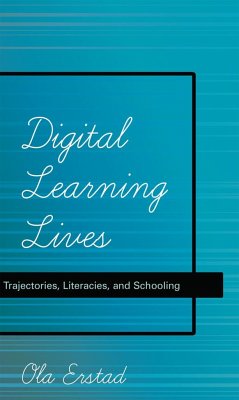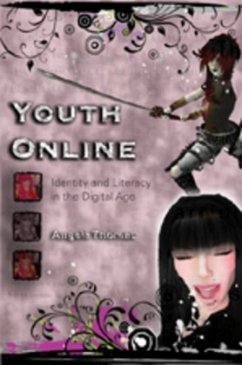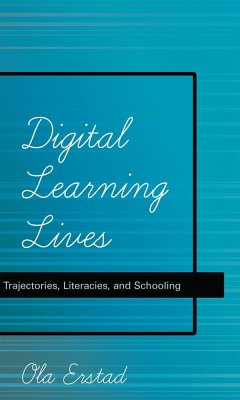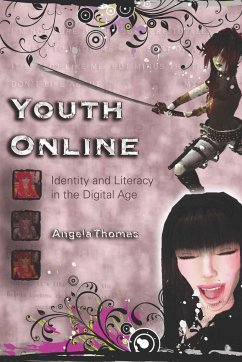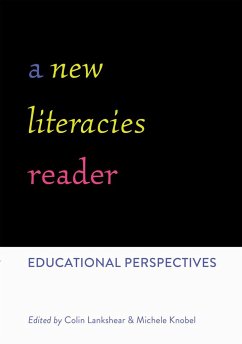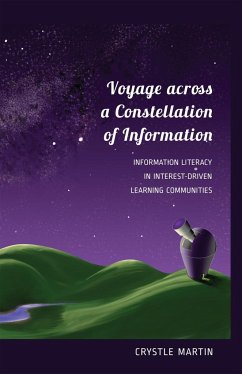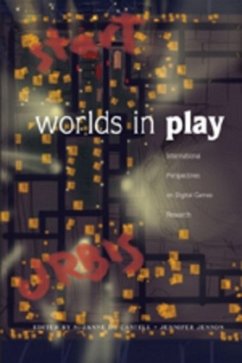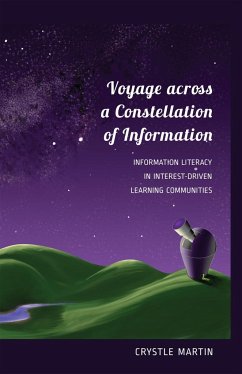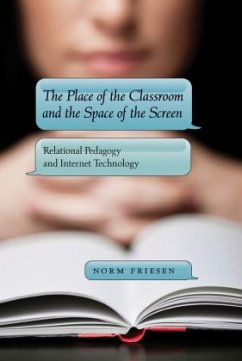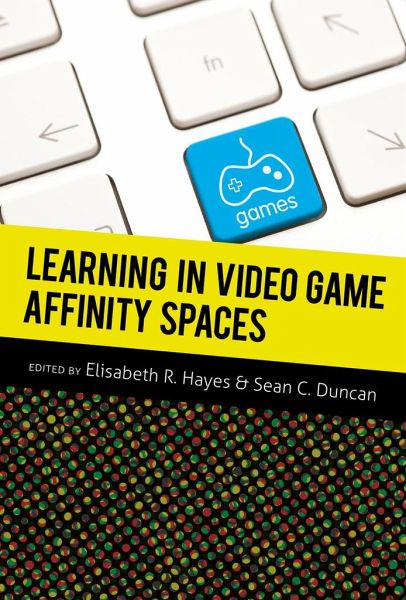
Learning in Video Game Affinity Spaces
Versandkostenfrei!
Versandfertig in 6-10 Tagen
41,85 €
inkl. MwSt.

PAYBACK Punkte
0 °P sammeln!
As video games have become an important economic and cultural force, scholars are increasingly trying to better understand the ways that engagement with games may drive learning, literacy, and social participation in the twenty-first century. In this book, the authors consider games and just as importantly, the social interactions around games, not in terms of how they should be managed or incorporated into existing educational structures, but for what they tell us about the forms of learning and literacy that are already instantiated within the use of these media. To this end, this book delve...
As video games have become an important economic and cultural force, scholars are increasingly trying to better understand the ways that engagement with games may drive learning, literacy, and social participation in the twenty-first century. In this book, the authors consider games and just as importantly, the social interactions around games, not in terms of how they should be managed or incorporated into existing educational structures, but for what they tell us about the forms of learning and literacy that are already instantiated within the use of these media. To this end, this book delves deeply into James Paul Gee's (2004) productive and influential concept of the affinity space - the physical or virtual locations (or some combination of the two) where people come together around a shared interest or "affinity." By explicating how and why engaged fans of digital media do what they do in online spaces, the authors cast a light, as Gee did, on the promise of these media and the problems facing current educational systems.





